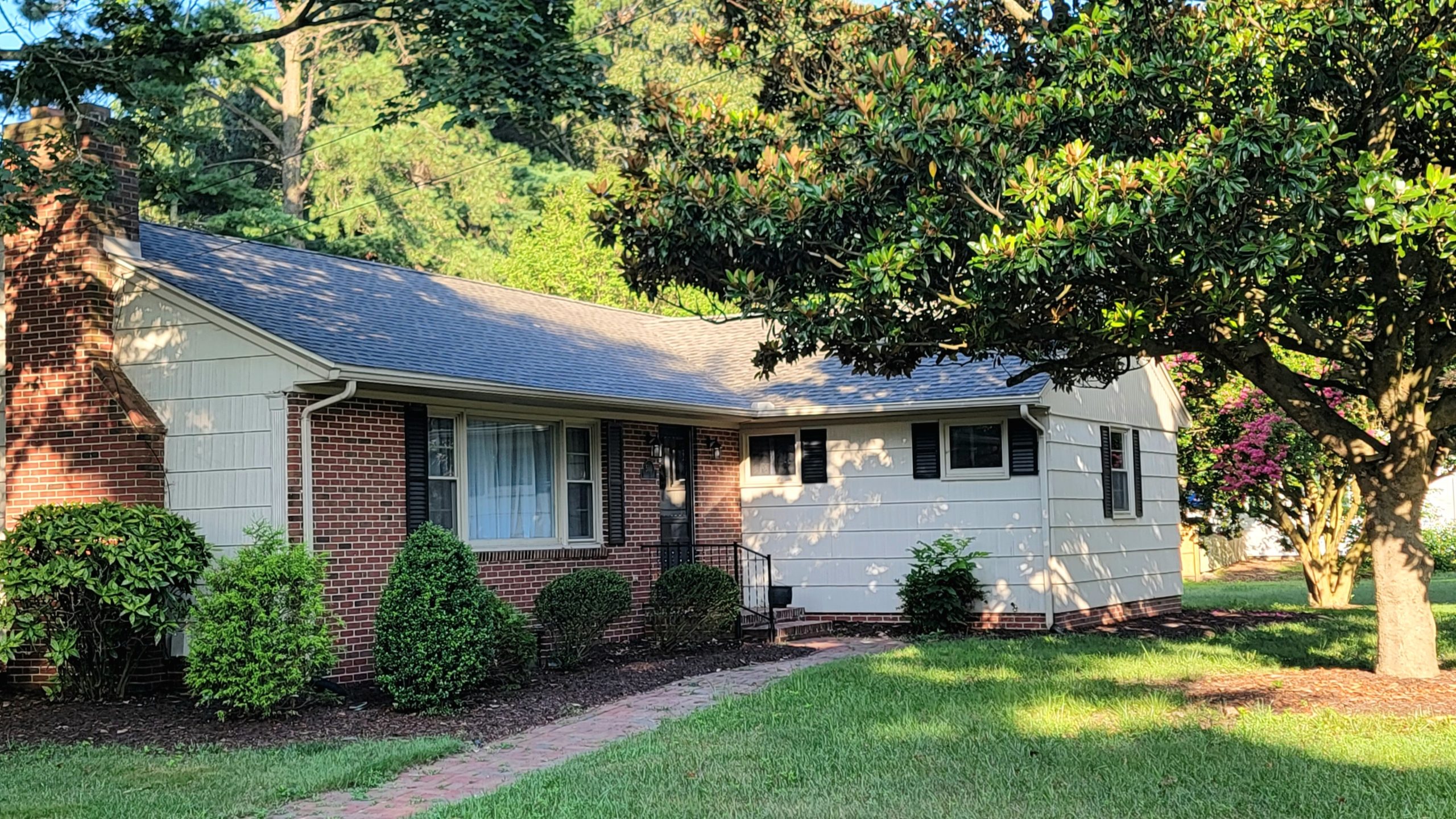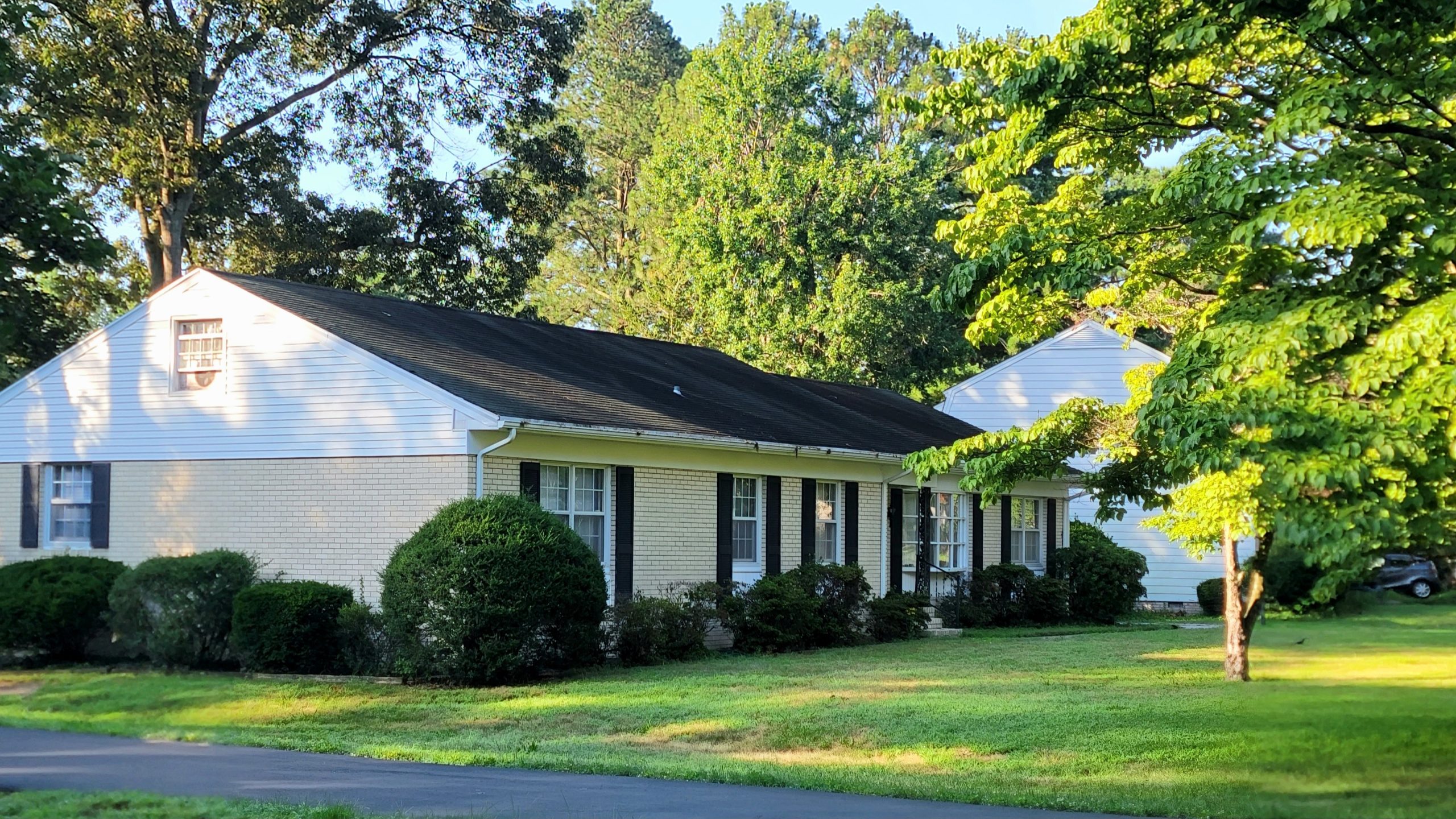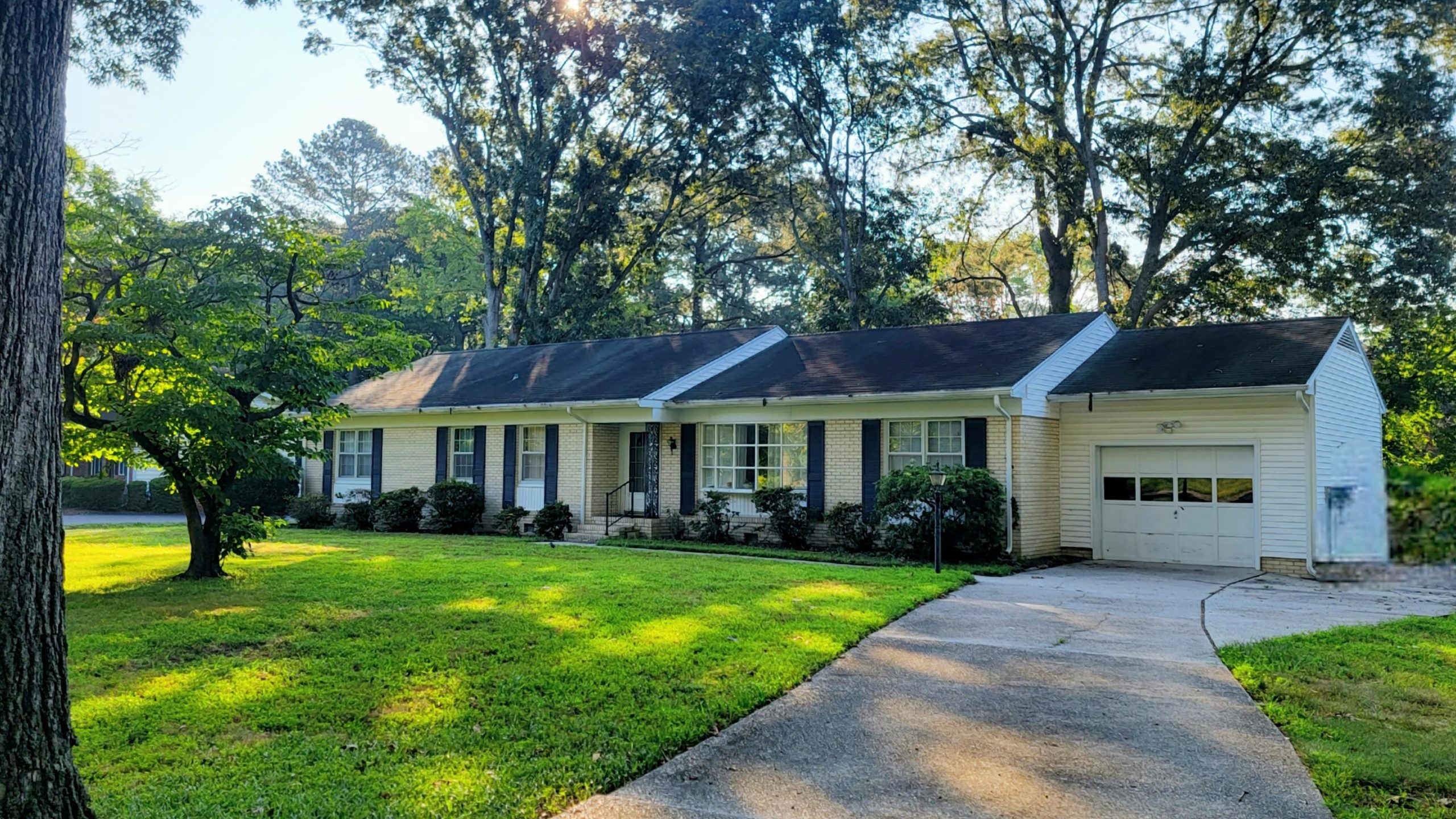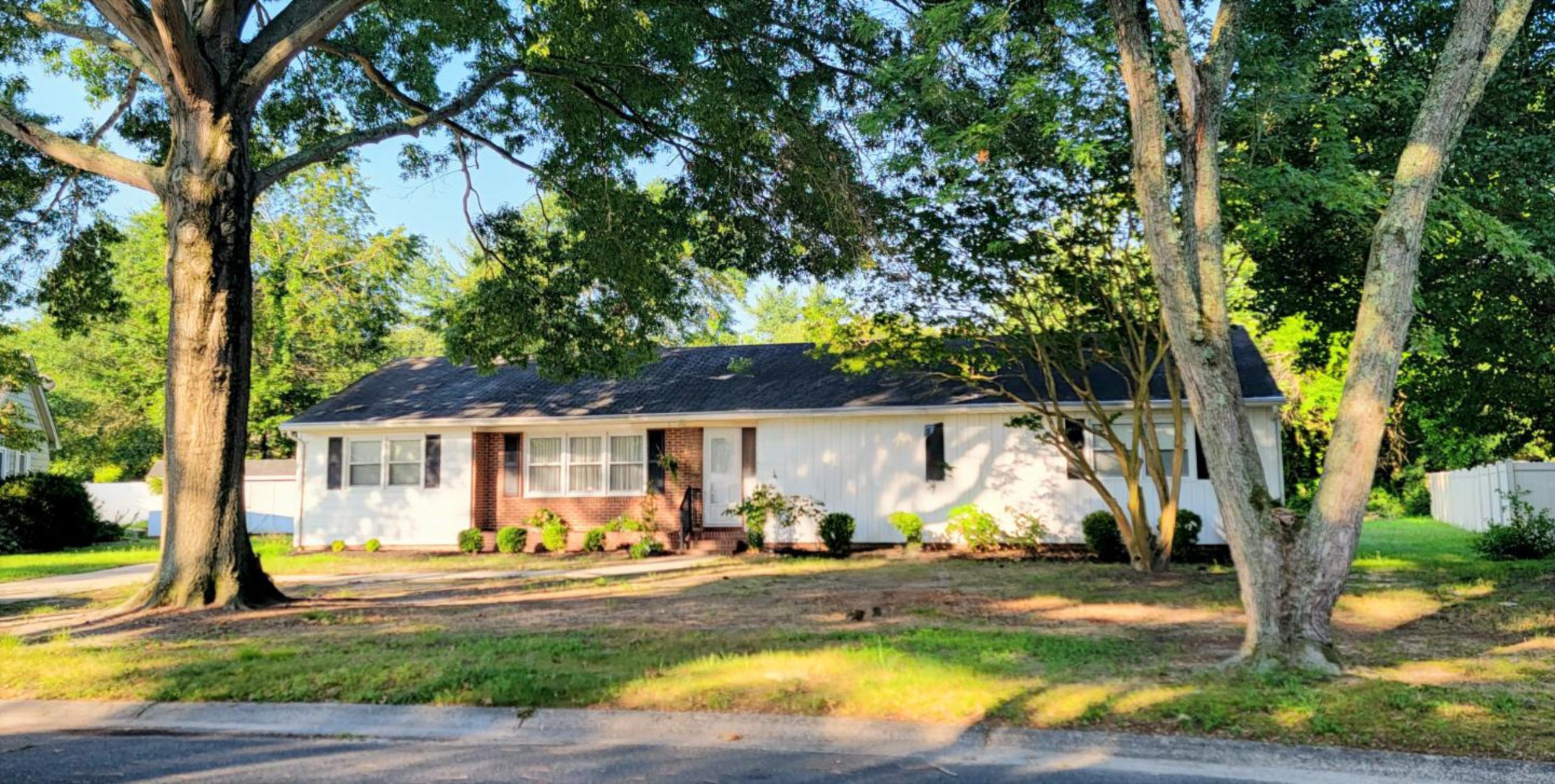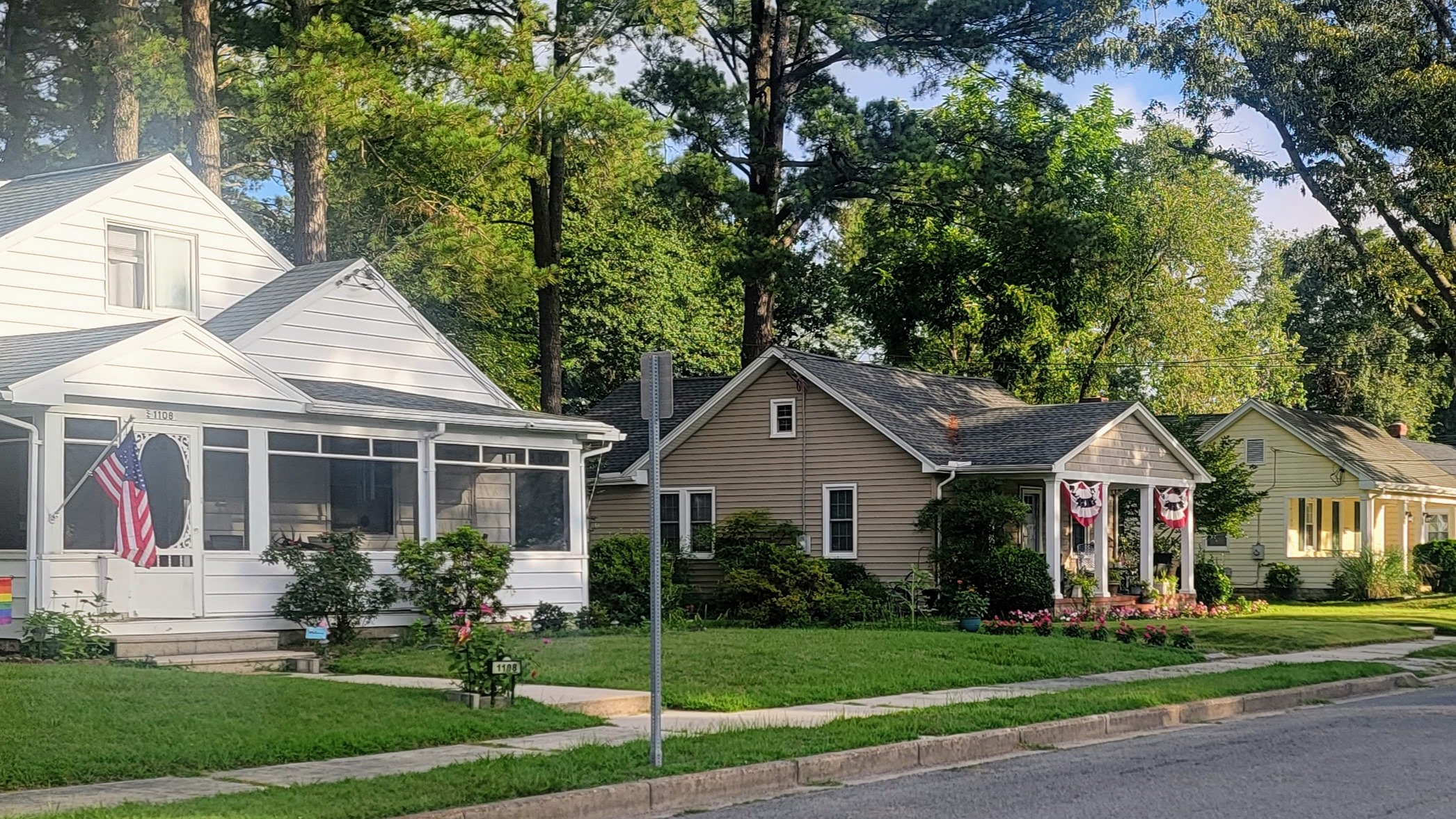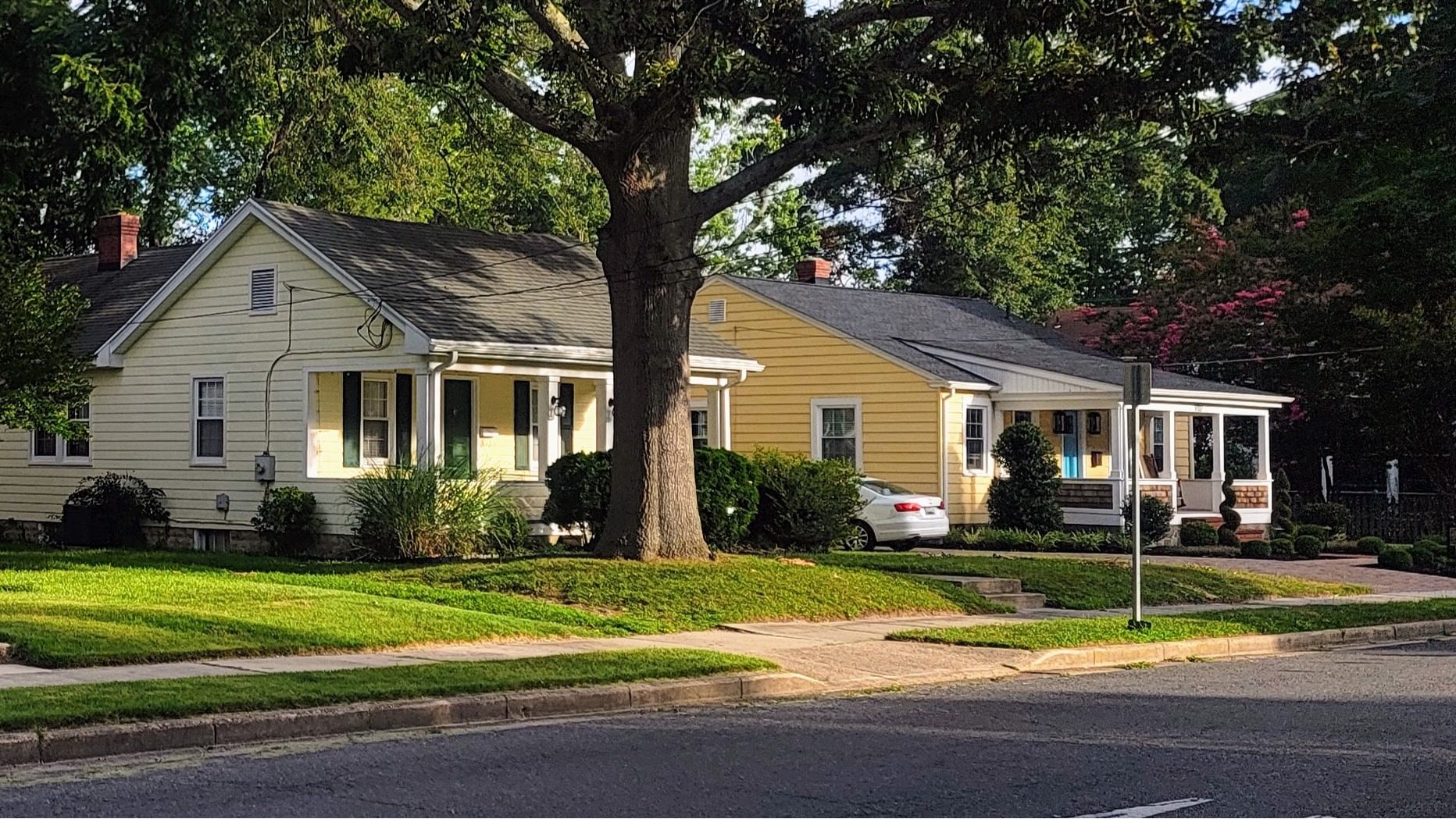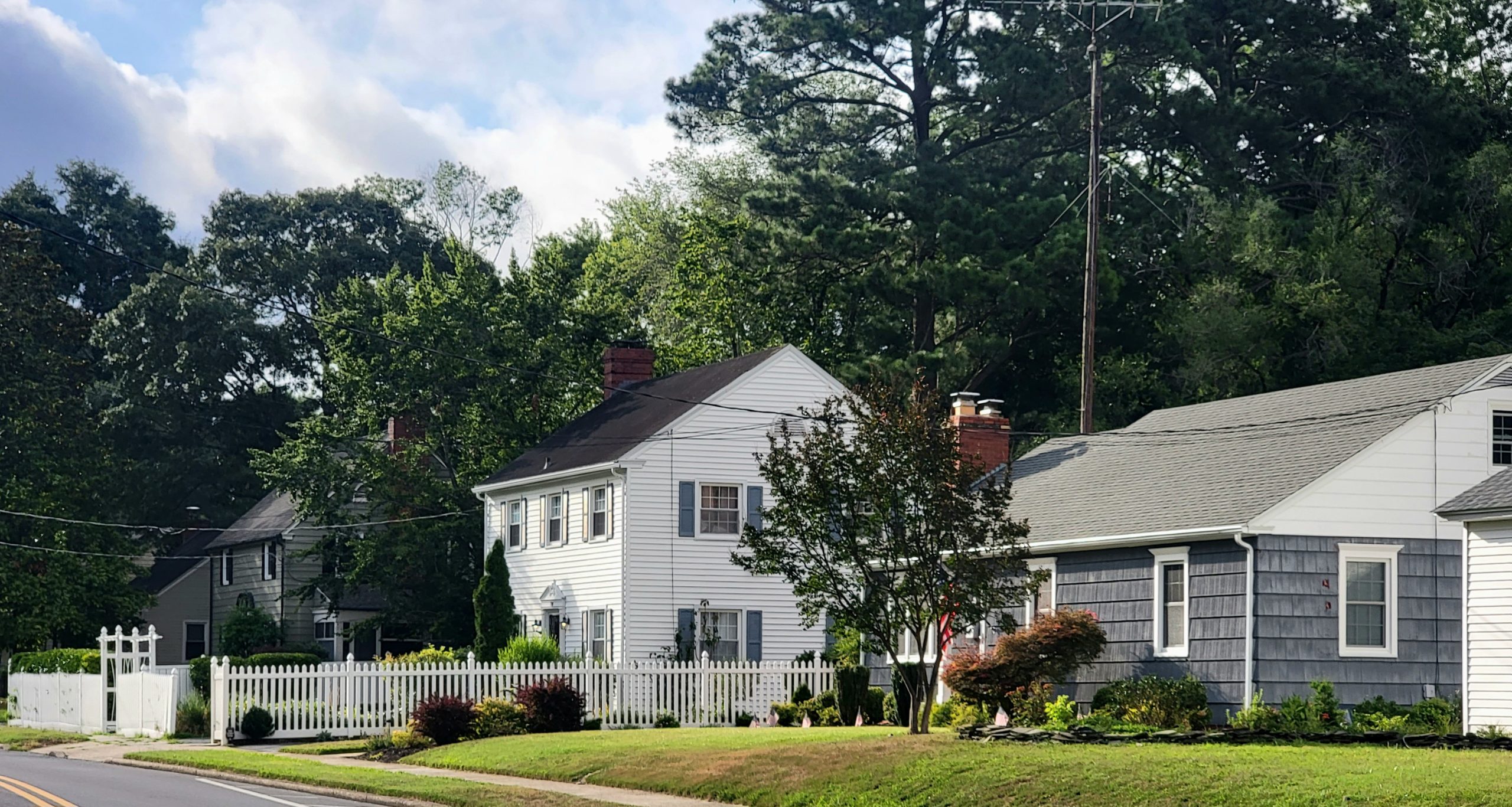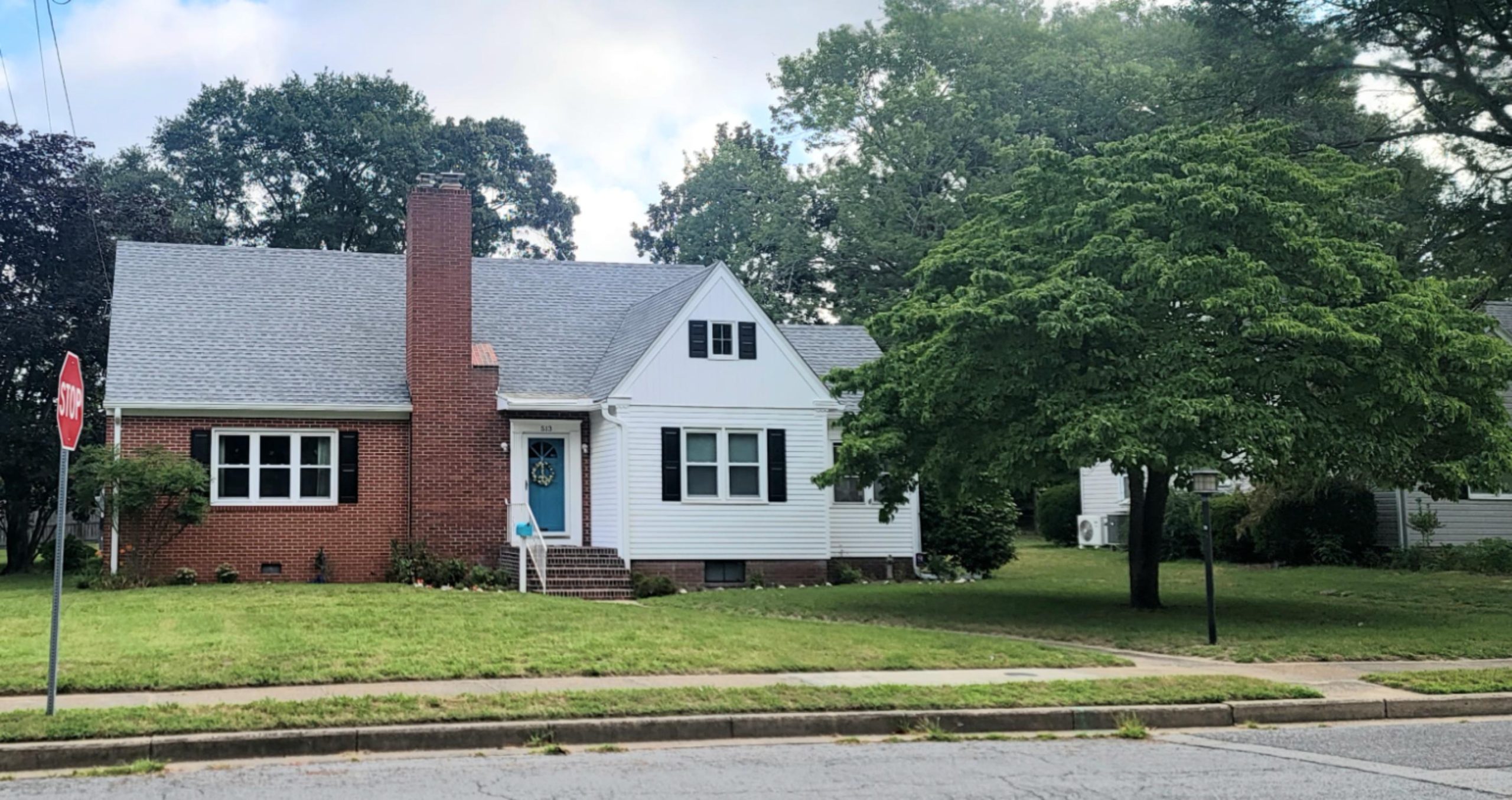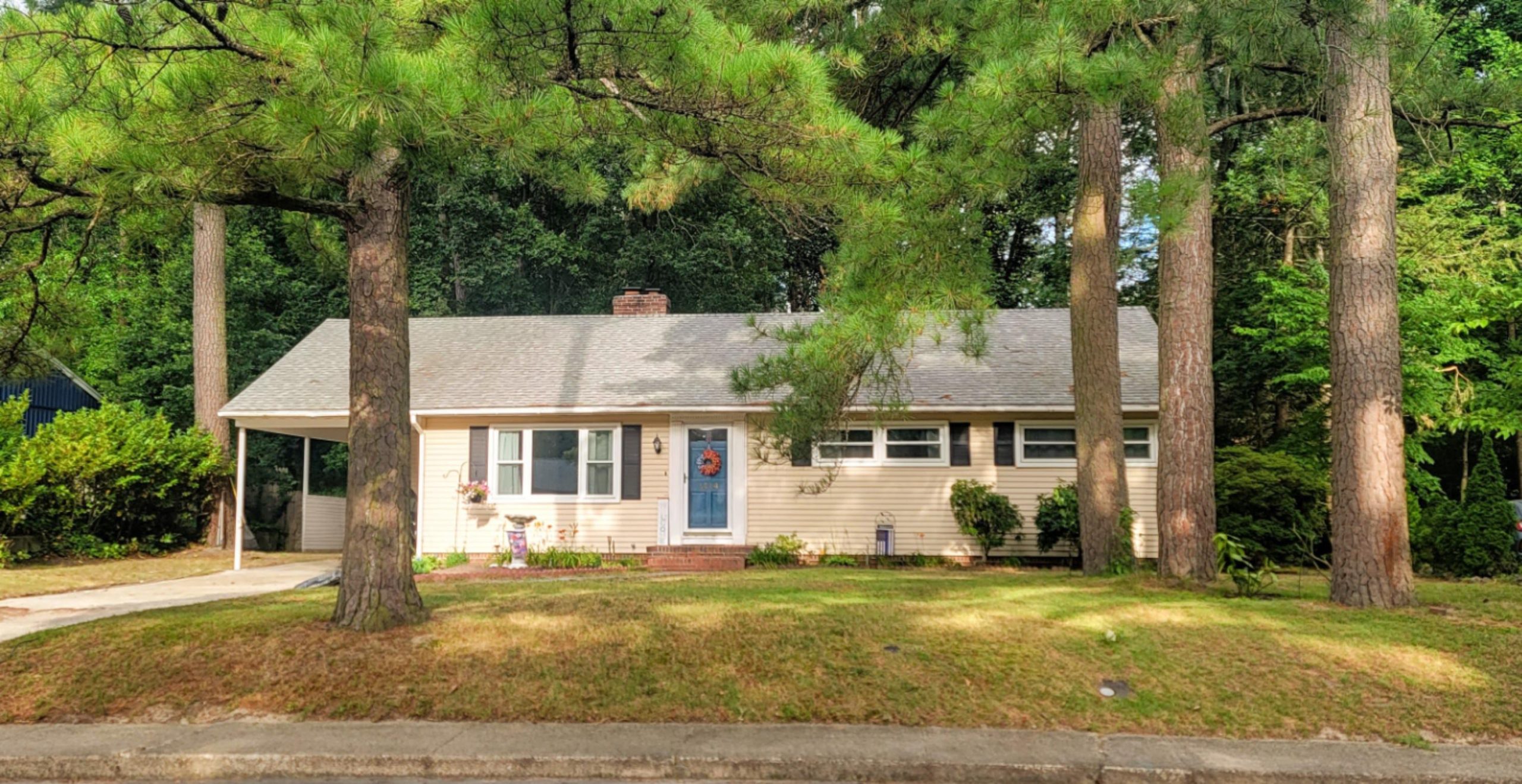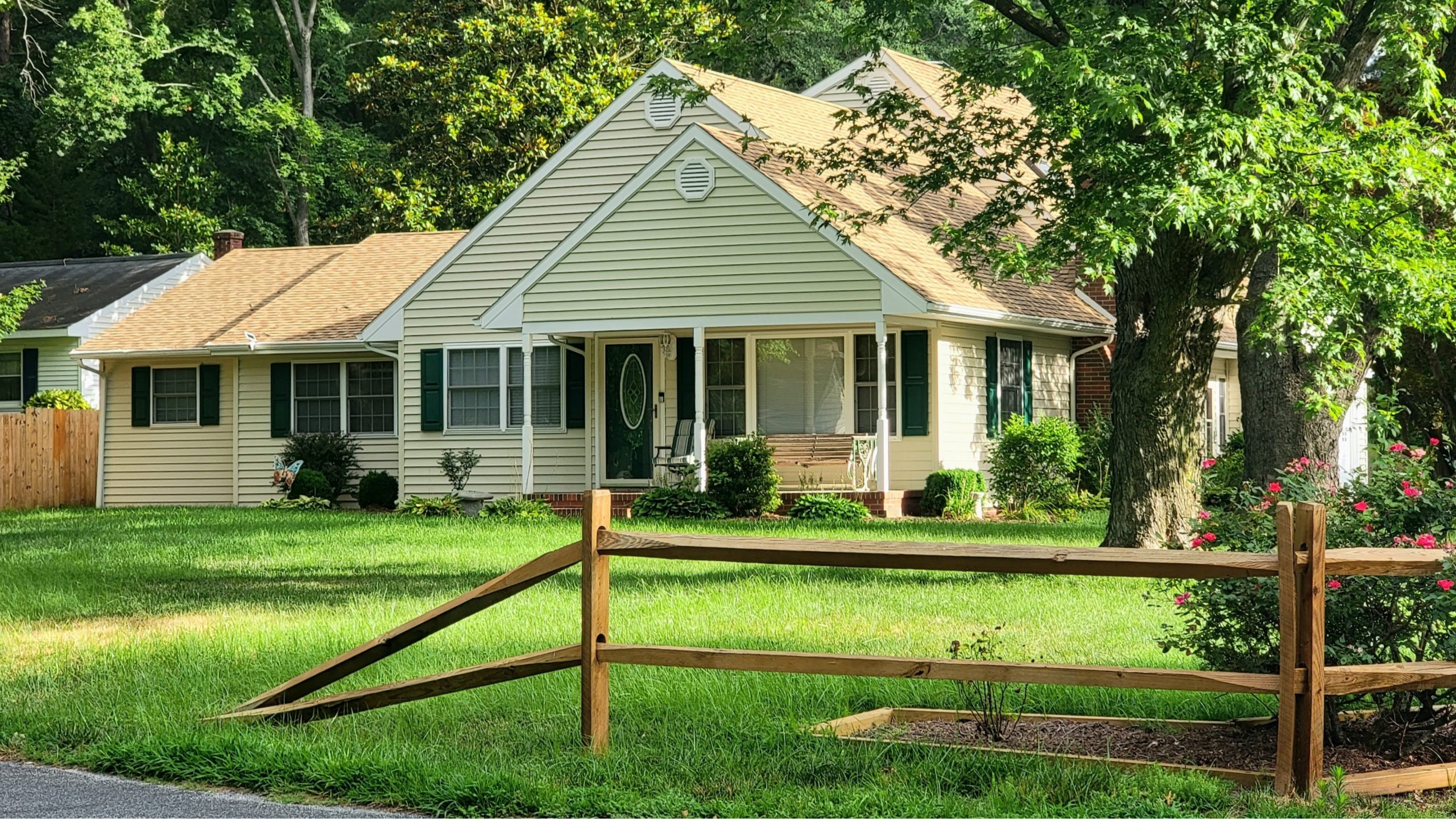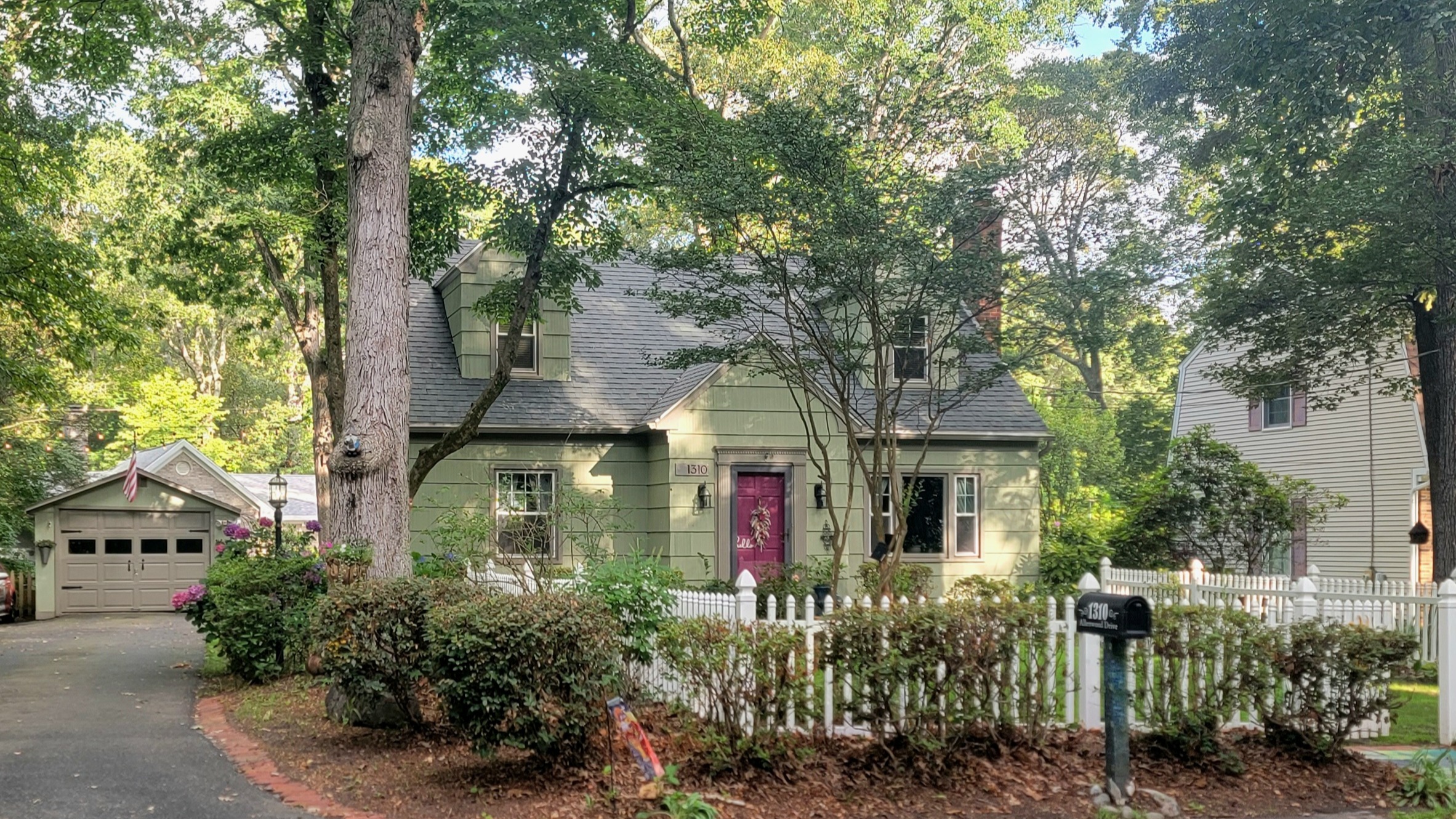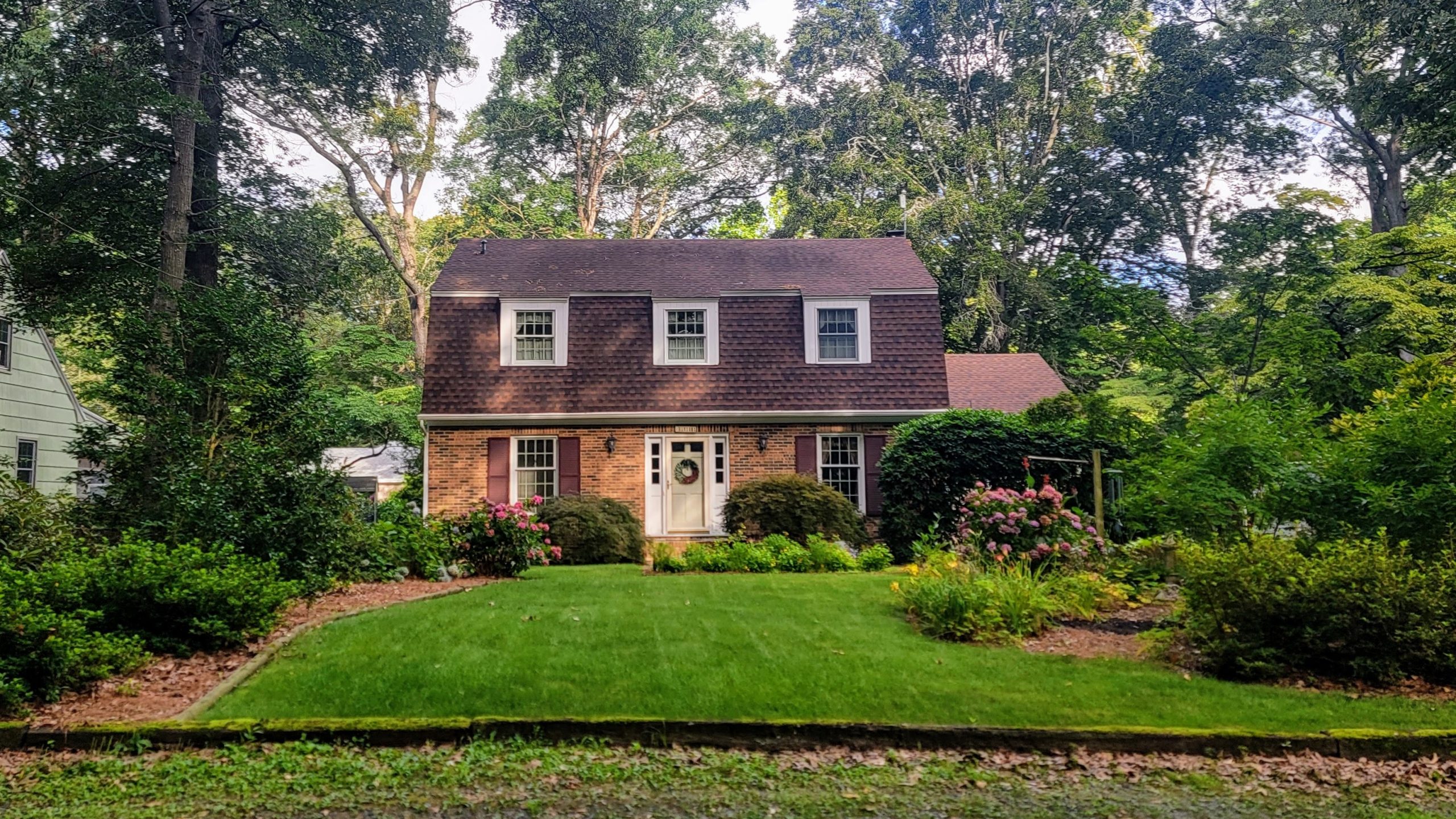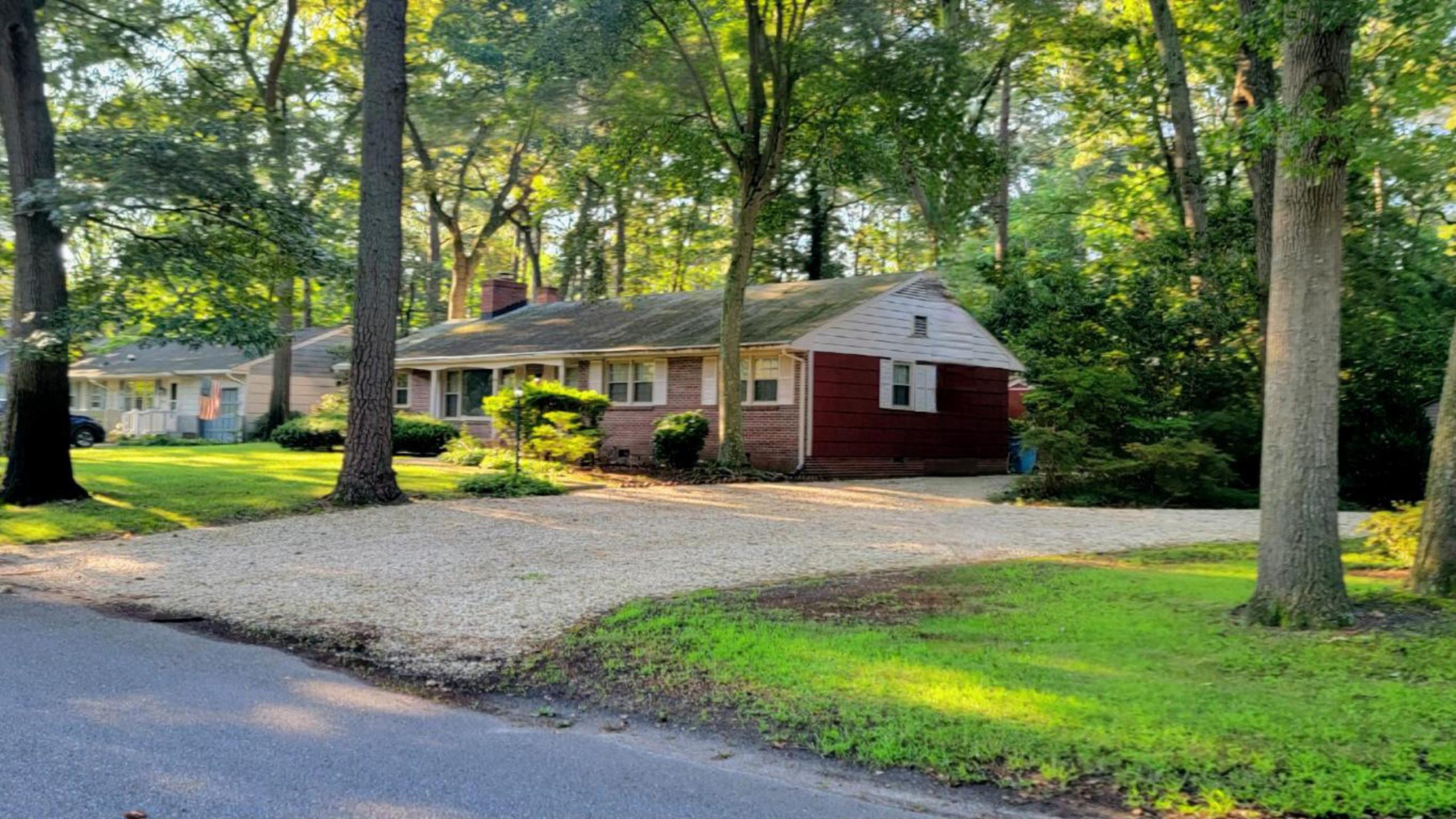Discover the community
History & Architecture
Nestled just half a mile behind Salisbury University, Druid Hill is a mature, mid‑20th‑century neighborhood whose housing stock reflects post‑war American optimism. Many of the homes—built in the early 1950s and ’60s—are charming mid‑century ranches, Cape Cods, and Colonial-style single‑family residences. For instance, many properties, built in the mid-1950’s, highlights classic hardwood floors, a sunroom, and a cozy fireplace. A few duplexes and light condominium conversions add subtle density, but large lot sizes—around 8,100 sq ft—create a sense of privacy and openness.
Vibe
Druid Hill exudes a calm, suburban atmosphere with leafy, tree‑lined streets, minimal traffic, and a clear family focus. Its proximity to Bennett schools, the city library, and Peninsula Regional Medical Center means everyday errands are effortless, yet the homely environment remains quietly residential. Thanks to its walkable location, 1.4 miles from the Salisbury University campus, it attracts a mix of university staff, graduate students, young families, and retirees seeking a relaxed pace with easy campus and city access. With downtown events and campus programming just minutes away, residents enjoy a quiet home life without feeling isolated.
Activities and attractions
Within a short commute, Druid Hill offers a surprising array of destinations. Just minutes away are Salisbury City Park, the Salisbury Zoo, and Evolution Brewing—perfect for weekend outings. For shopping and essentials, the nearby U.S. 50/13 corridor hosts a variety of stores, eateries, and services. Nature-lovers can explore the Wicomico Demonstration Forest’s hiking and horseback trails a few miles out), while history enthusiasts have Poplar Hill Mansion—an historic Federal estate—nearby. Plus, campus events (like athletic games, performances, and the Sea Gull Century bike ride) are just a short bike or walk away, giving Druid Hill residents engaging indoor and outdoor activities year‑round.
Together, these elements make Druid Hill a harmonious blend of quiet suburban life, historic charm, and convenient access to Salisbury’s cultural, educational, and natural amenities.

